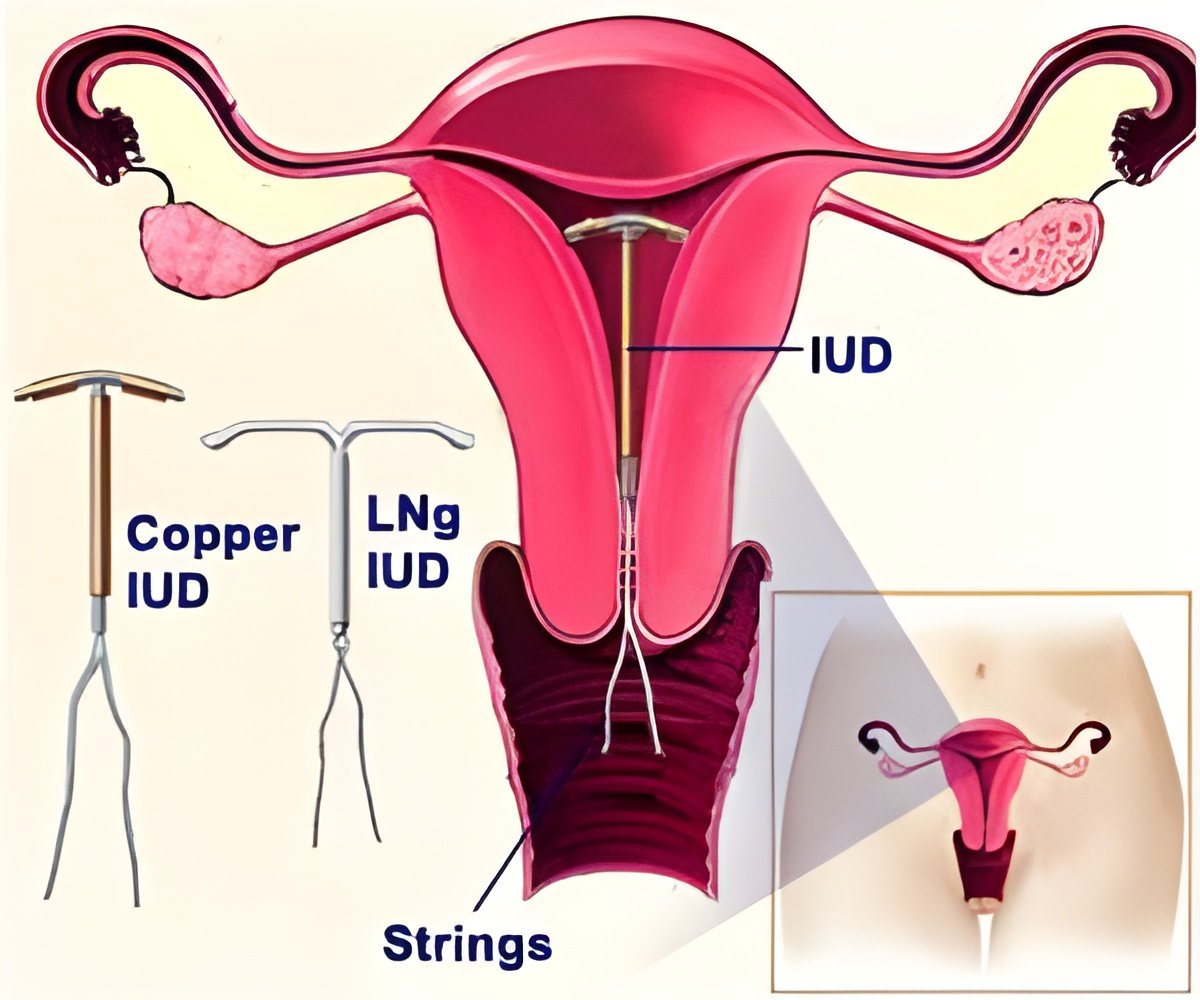
The study investigated the effects of a 2012 Medicaid policy and found that access to long-term birth control forms was beneficial for adolescents who had just given birth.
"The ability to control whether and when you become pregnant is a basic human right since pregnancy and childbirth have enormous implications for social and economic life trajectories," said Maria Steenland, lead researcher.
In 2012, South Carolina's Medicaid program became the first in the US to reimburse hospitals for providing immediate postpartum long-acting reversible contraception (LARC) such as intrauterine devices, arm implants, and hormonal injections.
Steenland explained that before the state enacted the policy, for patients who had just given birth and wanted immediate postpartum contraception, LARCs were only available during a separate outpatient procedure. Birth control pills are not considered to be medically safe to use in the early postpartum period.
Due to this, 59% chose to use no effective contraception method, 22% chose a short-acting method, like spermicide, and 13% chose sterilization, which is irreversible.
The study examined data on 150,000 plus South Carolina women aged 12-50 who were Medicaid-insured and gave birth from 2010 to 2014.
Findings showed that in medical facilities that began to offer LARCs after the policy change, the use of highly effective contraception in postpartum patients increased by 6% points among adolescents (12-19 years). Teens are particularly vulnerable to closely spaced and higher-risk repeat pregnancies.
Across Medicaid patients of all age groups, the total percentage who opted for postpartum LARCs nearly quadrupled in two and a half years. Some facilities were providing LARCs to around 20% of all postpartum patients.
Steenland explains that contraceptive choice depends on many factors, such as side effects, reversibility, and effectiveness.
She adds that their study highlights that making these new contraceptive methods accessible can help patients find a method that meets their needs and preferences, and can give them free-will in deciding whether and when to become pregnant.
However, the researchers' discovered that as of 2014, less than half of South Carolina facilities had begun to offer postpartum LARCs to patients immediately, despite the policy change.
The research team recommends that facilities take further steps to make long-acting contraception more widely available given that many studies, show that when LARCs are available and free, more patients use them and rates of unintended pregnancies decrease.
Source-Medindia











